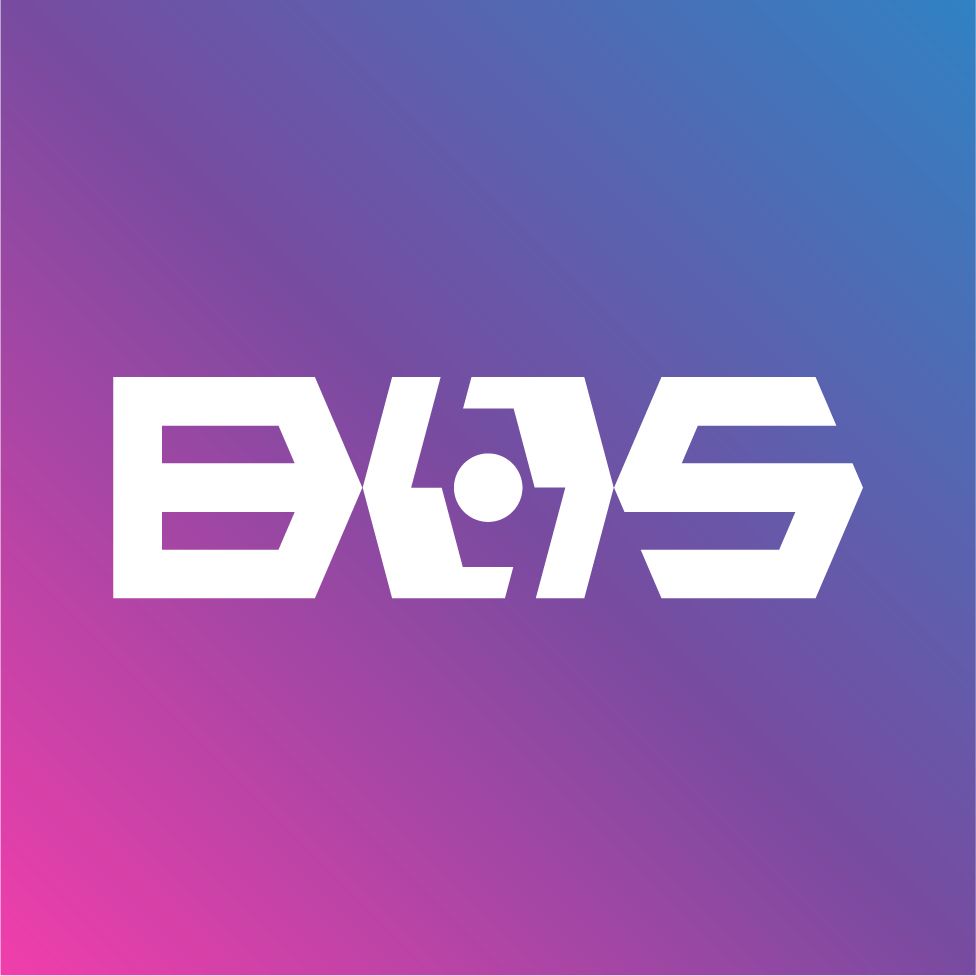Audio Presented by

The Blockchain Oracle Summit is the only event in the world to focus solely oracles.
About Author
The Blockchain Oracle Summit is the only event in the world to focus solely oracles.

The Blockchain Oracle Summit is the only event in the world to focus solely oracles.
The Blockchain Oracle Summit is the only event in the world to focus solely oracles.